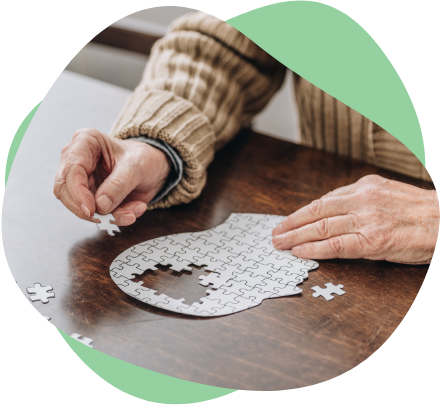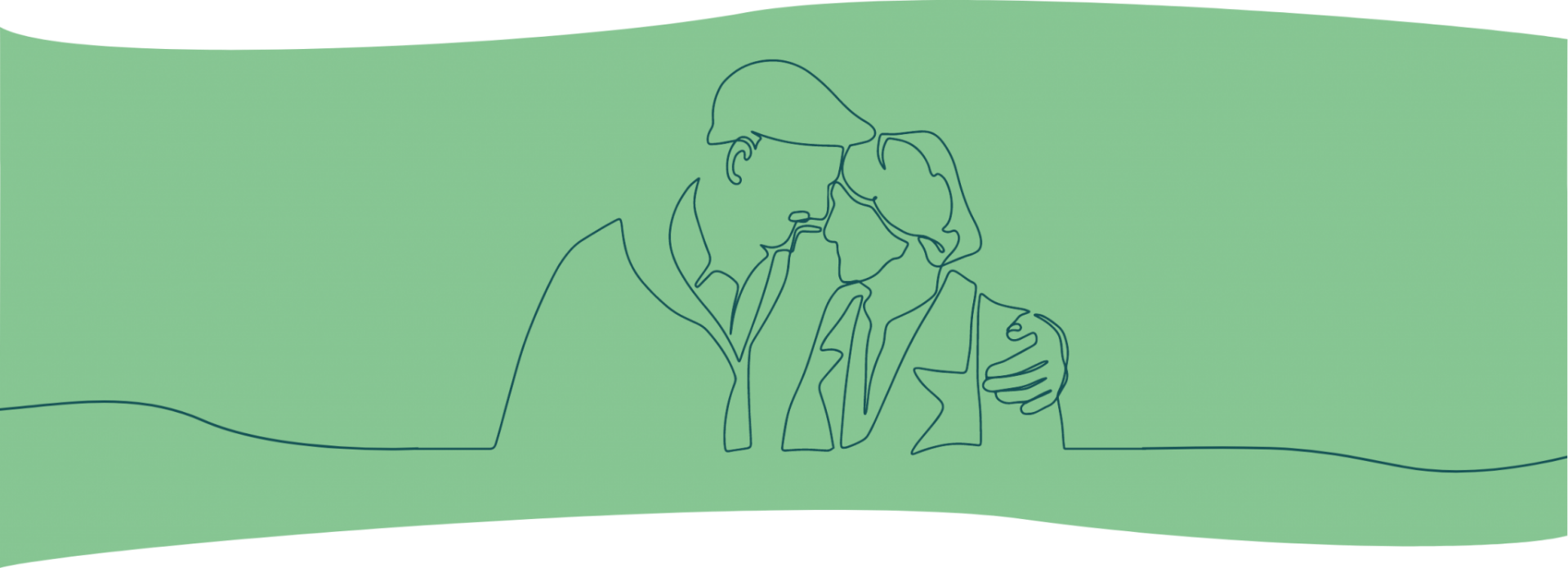Preserving cognitive health
You may have come across terms like cognitive decline, cognitive loss and cognitive problems. But what exactly do they mean? Cognitive functions are the brain’s mental abilities that allow us to think, learn, communicate, make decisions, find our way around, remember things, drive, stay organized… and worry!
Although two seniors may be the same age, their brains could be very different. While many factors influence how our brain ages, it’s well known that healthy lifestyle habits can help preserve certain capacities. Staying mentally and physically active through continued learning and engagement stimulates the brain and promotes the growth of new neurons.
The key is to break the brain’s routine and challenge it. When not limited by physical conditions, older individuals with good cognitive health can continue to live independently and manage their daily lives with confidence.

Three habits that help maintain cognitive health
1) Regular conversation
Conversation supports mental well-being by strengthening social bonds and stimulating the brain. Interacting with others boosts our sense of belonging and helps us feel appreciated and valued.
- Talk on the phone
- Do volunteer work
- Join a group that shares your interests (e.g., craft circle, choir)
2) Reduce and manage stress
The brain becomes less resistant to stress with age. In addition, continued elevated levels of the stress hormone cortisol can interfere with memory.
- Do breathing exercises
- Respect your own rhythm and limits
- Listen to music
3) Get moving
Staying physically active helps maintain good general health and reduce stress. Exercise also boosts blood flow to the brain.
- Go for a walk
- Dance
- Garden
